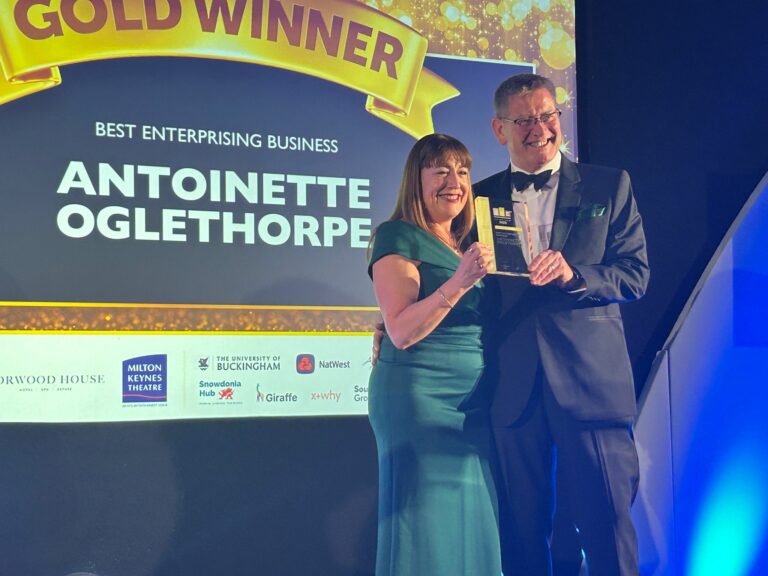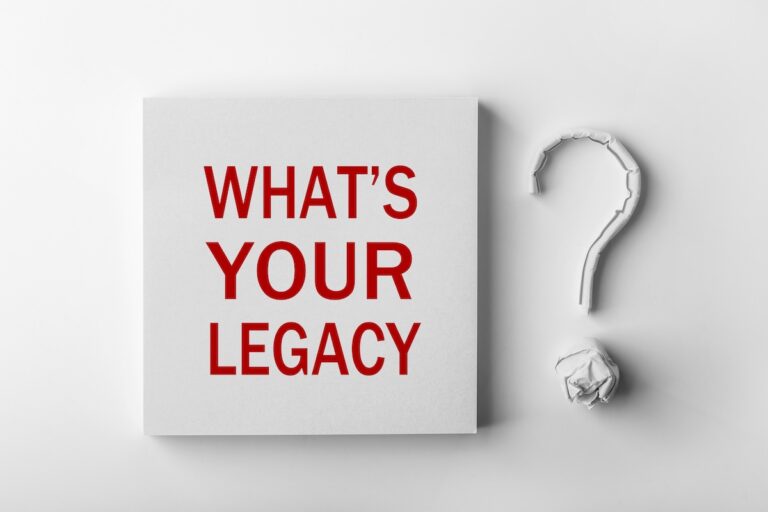Why your 2021 Career Conversation Strategy is more important than ever
A post by Oona Hudson, Programme Manager and Facilitator
So here we are again, a new year and another lockdown across the country. How is Covid affecting your employees?
For many, the call to work from home will come as a relief. They have adapted to the new ways of working and have adopted all the technology required to keep in touch and deliver their work effectively. Many will appreciate the extra time and money they have as a result of little or no commuting. And they have been able to care for children, elders and pets on a daily basis. I have certainly loved the ability to work remotely and move to Cornwall, my soul home, to enjoy the thrills of cold water swimming before work!
For others, the lockdown will impact them, their families and their mental health less favourably. Working remotely is less effective for them. They miss the social contact with colleagues, they miss the distance between kitchen table work and family table. And they find keeping up with work commitments and adopting new technologies from home more difficult. In a recent People Management poll, they found:
“More than half of under-30s (55 per cent) said they felt cut off from their teams while working remotely.”
People Magazine
Do you know which side of the coin all your direct reports sit on? You should do.
This was brought home to me in a recent career conversation with a young man in his mid twenties. He was on track to achieve his career ambitions having recently gained a promotion by moving to a new organisation. Things were going well, the new organisation had worked hard to onboard him. He enjoyed the camaraderie in the office.
Then the first lockdown hit. He set up a home office, and relished the additional time for his own projects that lockdown would give him. He enjoyed his own company, and was learning at work. Keeping himself busy with his creative hobbies through the evenings.
Things began to change at work. He was out of his comfort zone, the camaraderie had dissolved. So he spent more time dreaming about his creative writing aspirations. In less than 3 months, he had moved abroad, established a way of making his writing pay and quit his job in London. When a young person sets his mind to achieving something, it can happen this quick!
Now, more than ever, it is so important to understand the individual needs, motivations and aspirations of each of your direct reports at work.
This time of year is when we turn our attention to end of year reviews. We have the best opportunity to spend time finding out these things so that we can better support and retain our key people. A recent poll in People Management finds that:
“More than half of office workers are concerned about how coronavirus restrictions will affect their career prospects, with experts warning younger employees in particular still need access to training and mentorship, a study has found… raising concerns of what the research called a ‘career lockdown’”
People Magazine
2021 Career conversation strategy – Making new plans and contingencies
At all stages of life, people will have had to make new plans and contingencies. People close to retirement may decide to retire early or carry on for longer than expected. Couples may decide to bring forward decisions to start a family or care for extended family. We know that many have used this time to take on new pets. Those pets are now used to owners with them all the time. Travel plans have been disrupted for another year and training and education has been put on hold. We are all in a state of immobility. Woe betide any organisation who has not used this time to better understand their people and put in strategies now to mitigate these risks.
Rob Davis, solutions and services business manager at Sharp, said there was a “clear concern from younger people in our workforce” about the long-term impact of the pandemic on their career development.
In another career conversation recently, I was listening to a 30 something professional woman telling me how her career and life plans have changed in the light of a “wasted year”. She had planned to invest heavily in her work over the last 2 years. So that she would be able to take a year to travel before settling back into work and planning a family.
Things were going well, she had had her best year in 2019 before being furloughed for a few months in 2020. Work was slow and although her organisation kept her close and engaged throughout the year, they could not prevent the slow dissolving of her careful life plan.
She told me that she would bide her time. Now was not the time to move organisations, but she had no time to waste in bringing forward her plans for change as soon as lockdown lifts.
Why your career conversation strategy is even more important in 2021
Through 2020 and into 2021, businesses have had to adopt new focus and strategies to survive. For many, this has impacted their work through changing priorities, furlough and in some cases, redundancy. Some will be pleased with these new directions, others less so. However, everyone has had the space and time to think about previous ambitions and life goals. And they will be wondering how or whether they can achieve these in 2021.
One useful strategy is to conduct thorough career conversations, either as part of the annual appraisal process or besides it. When I have managed a team, I have used Antoinette’s Career Conversations model to have confident conversations with direct reports. We looked at the past to identify what worked, where the strengths were, to inform decisions for the future. Having a clear vision of what the future may look like gives people a focus for their development plans. That allows them to create attainable and relevant actions today that will help progress on their life journey.
Having these conversations regularly will put you on the front foot when lockdown is lifted. You will know those that are looking for ways to develop new skills and experiences. Both you and your employees will be ready to work to a different focus and will have a plan in place. Understanding which of your reports will welcome a return to the office and those who will need more persuasion. Enabling you to have a plan in place to meet the needs of your business and your people. Plus be first to react to further changes.
If you recognise this, then it is ever more important to continue to listen to your direct reports. Ask questions, take an interest and be there to support their changes in lifestyle, aspirations and ambitions for the future. By being this kind of supportive line manager, you are far more likely to retain your best workers. You will keep them engaged and motivated in the work that needs doing, and developing the skills required.
After all, as lockdown lifts, you want your business to take off, not your employees!
Make the most of lockdown to upskill
If you lack confidence or skills to execute these career conversations, do not wait for lockdown to be lifted – you will be too late for your best employees! Think about how to develop these skills right now.
Download a free copy of “It’s Good To Talk!” an exclusive eBook for managers, mentors and coaches to help you engage, retain and develop employees through career conversations.



